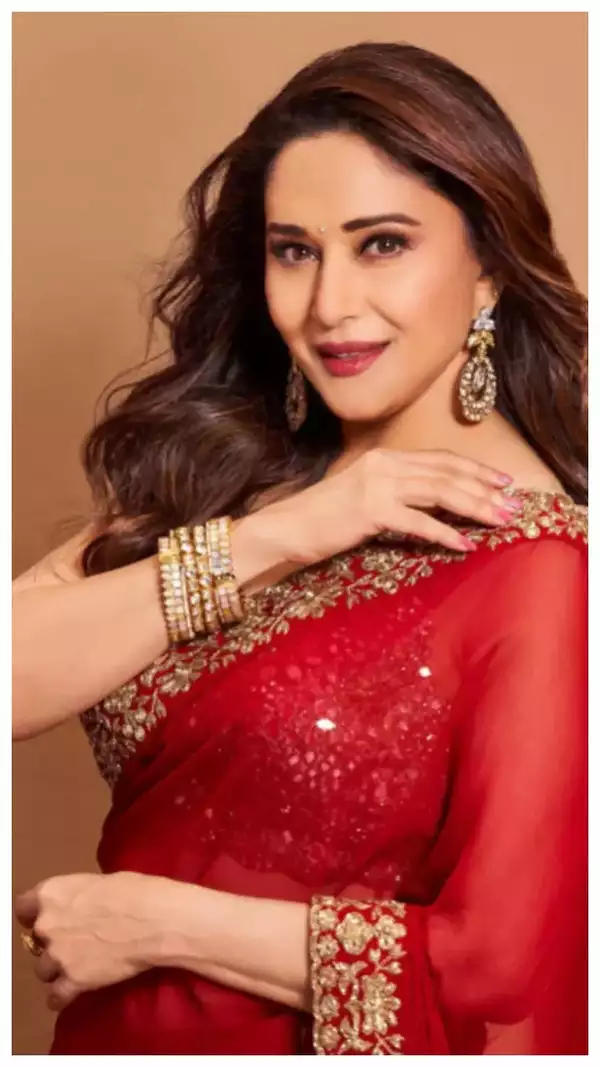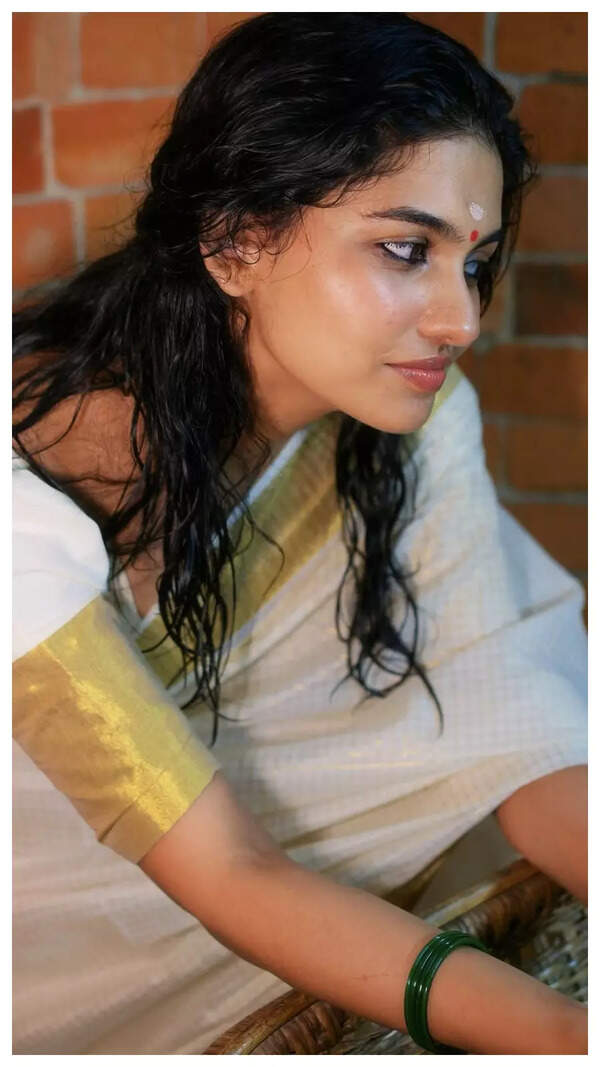- News
- City News
- jaipur News
- India’s foreign policy: Legacy, challenges, and adaptation discussed at JLF
Trending
India’s foreign policy: Legacy, challenges, and adaptation discussed at JLF
Former diplomats discussed India's foreign policy evolution at the Jaipur Literature Festival, highlighting Nehruvian foundations and modern strategic shifts. They emphasized the role of early diplomats like Asaf Ali in shaping international relations and addressed gendered challenges faced by women in diplomacy. Navtej Sarna underscored literature's importance in diplomatic work.
JAIPUR: India’s diplomatic trajectory, from the Nehruvian era of non-alignment to the current pragmatic, interest-driven foreign policy, was the focal point of discussion at the Jaipur Literature Festival on Saturday. Former diplomats, including TCA Raghavan, Navtej Sarna, Lakshmi Puri, and Vikas Swarup, shared insights into the evolution of India's foreign policy and the challenges faced by its early diplomats. The session was moderated by Scribe Kallol Bhattacherjee.
The session, titled ‘Nehru’s First Recruits: The Diplomats Who Built Independent India’s Foreign Policy’, explored the contributions of India’s first-generation diplomats, directly recruited by the country's first Prime Minister Jawahar Lal Nehru, who navigated Cold War tensions and established the foundations of the country's international relations.
TCA Raghavan shed light on India’s first envoy to the United Nations, Asaf Ali, who was appointed in 1947, even before India became a fully sovereign republic as it was under the interim govt. "Asaf Ali entered a complex diplomatic landscape under an interim govt, grappling with unique challenges such as protocol dilemmas and decisions on flying the national flag at the chancery. Despite skepticism from ICS officers and traditional diplomats, he played a crucial role in shaping India's foreign policy, including representing India at the UN's first special session on Palestine," Raghavan noted.
Navtej Sarna emphasized the role of literature in diplomacy, recalling his experiences as a spokesperson under Foreign Minister Natwar Singh. He recounted how former Foreign Minister Natwar Singh, a passionate reader, would visit bookshops during official trips, including in Islamabad. Sarna highlighted Singh’s ethical rigour, mentioning that despite having the authority to purchase books for govt use, Singh explicitly prohibited the purchase of his own books with public funds. "This underscores his integrity and intellectual approach to diplomacy," Sarna remarked.
Adding a personal dimension, Vijay Laxmi recalled the challenges she faced as a diplomat in Pakistan during General Zia-ul-Haq’s rule. She recounted how she was initially excluded from a Sikh delegation's visit but attended uninvited. When Zia noticed her, he stared intently before quickly altering his demeanour. Moments later, she received a call from Zia’s wife, who casually discussed Delhi’s fashion trends. "These moments illustrate the nuanced power dynamics and gendered challenges that women diplomats often navigate in male-dominated political environments," she noted.
End of Article
FOLLOW US ON SOCIAL MEDIA










